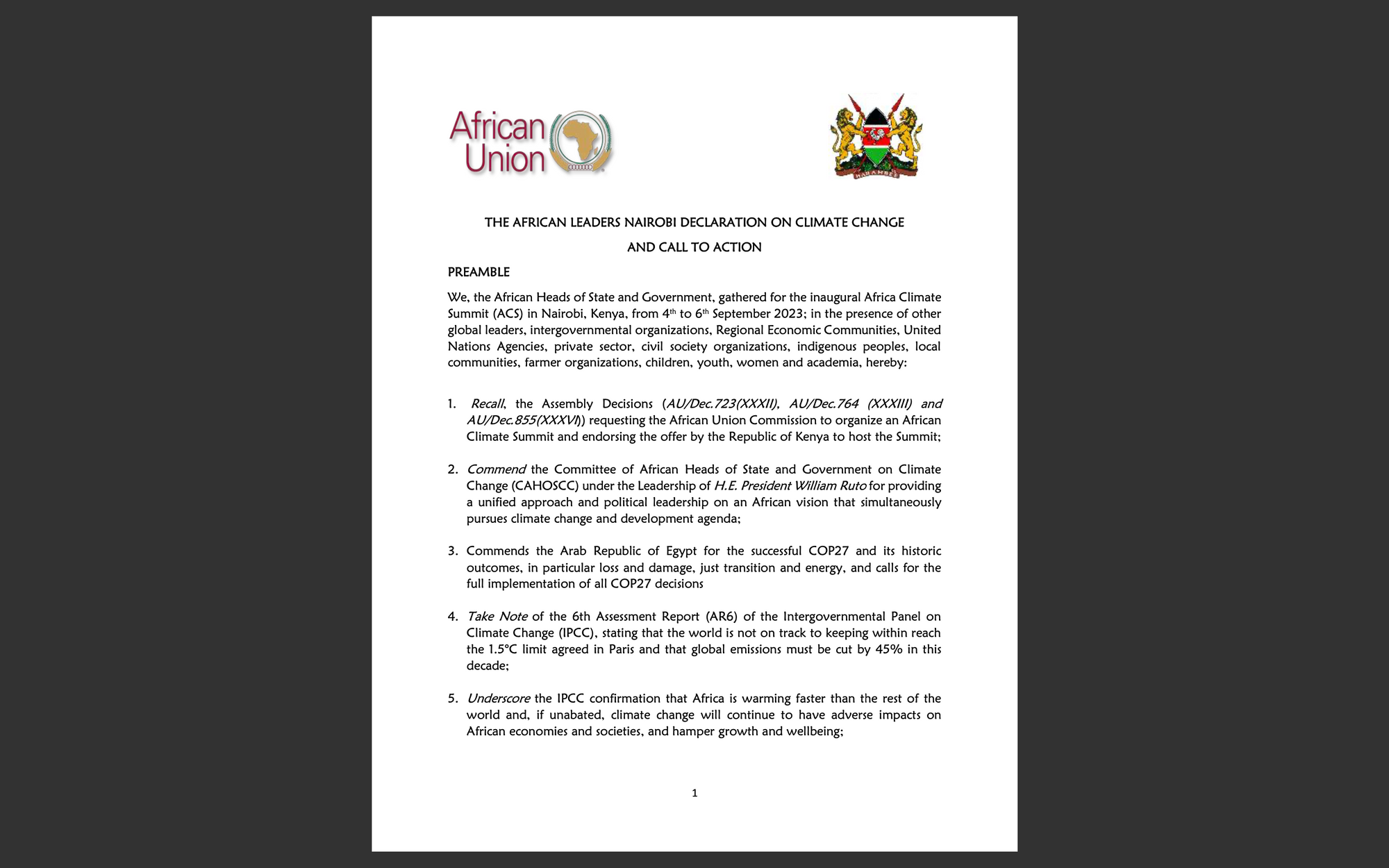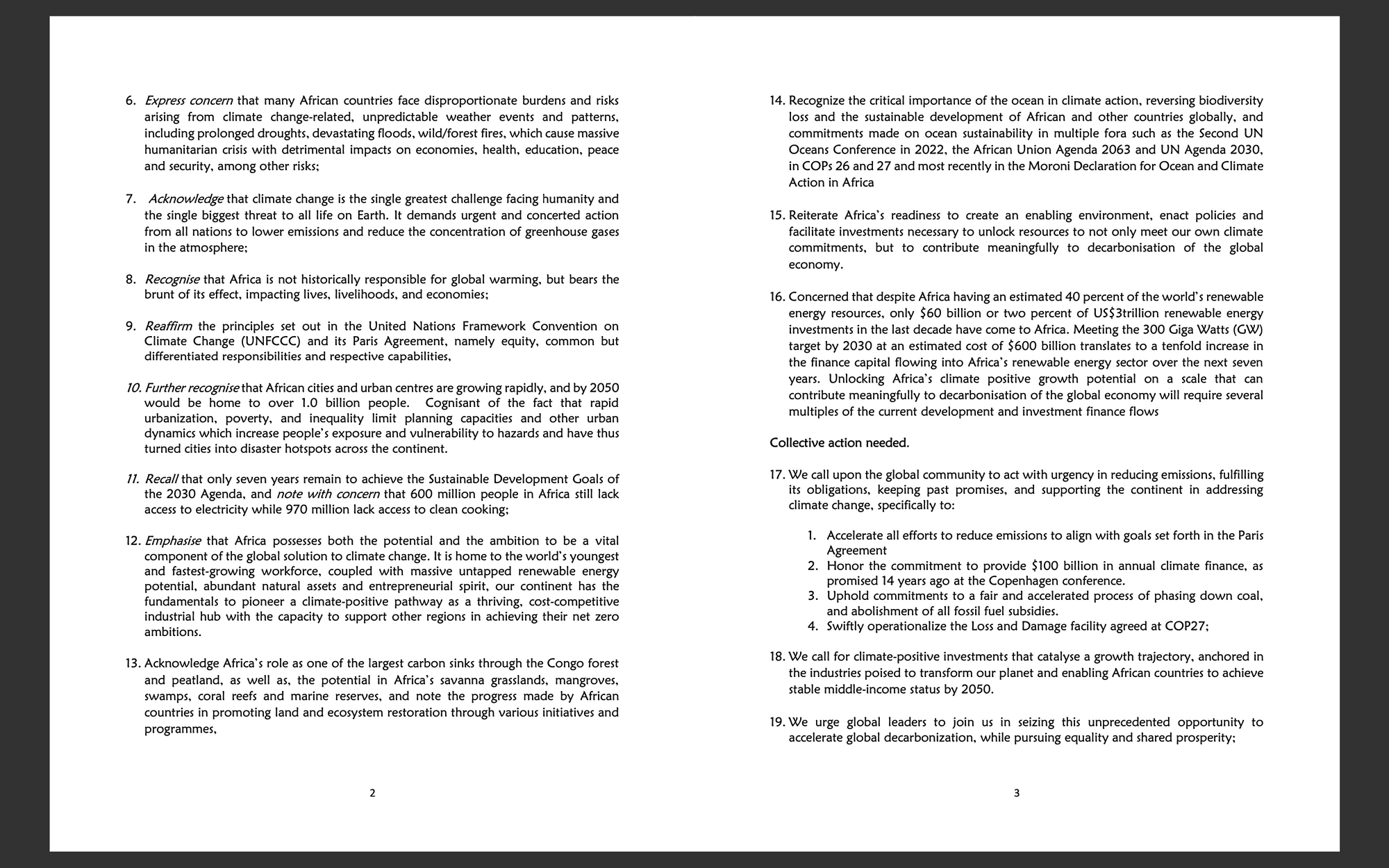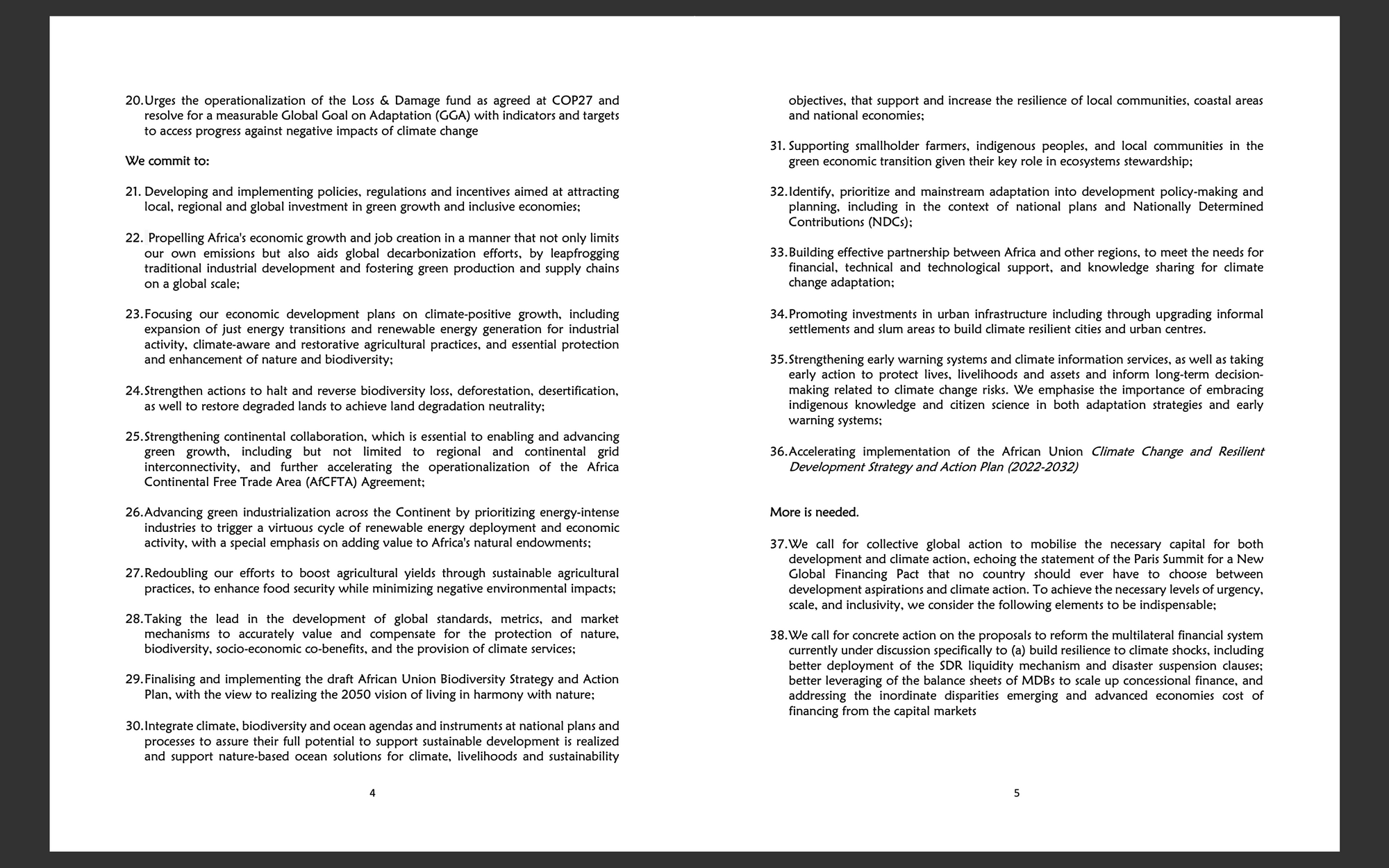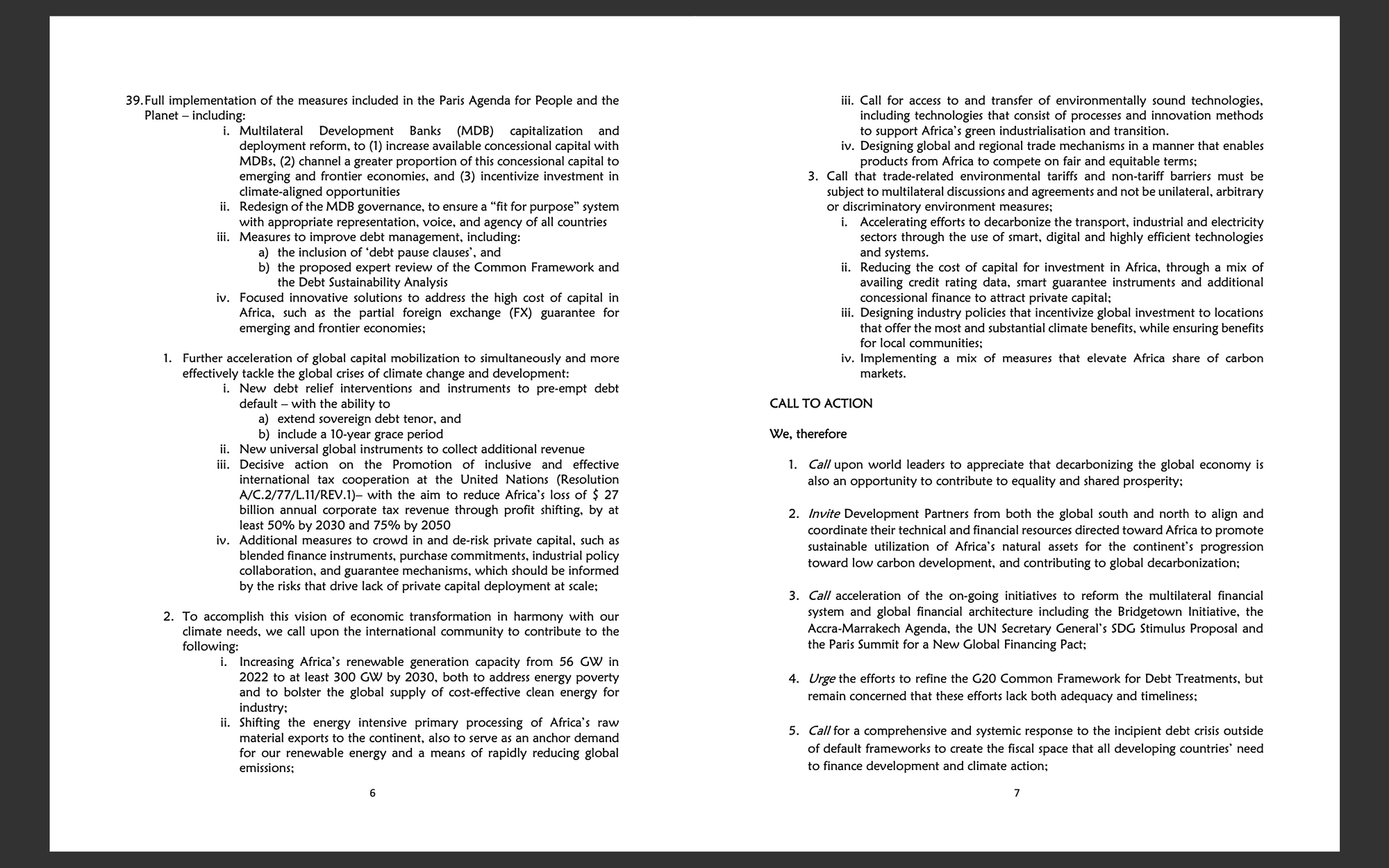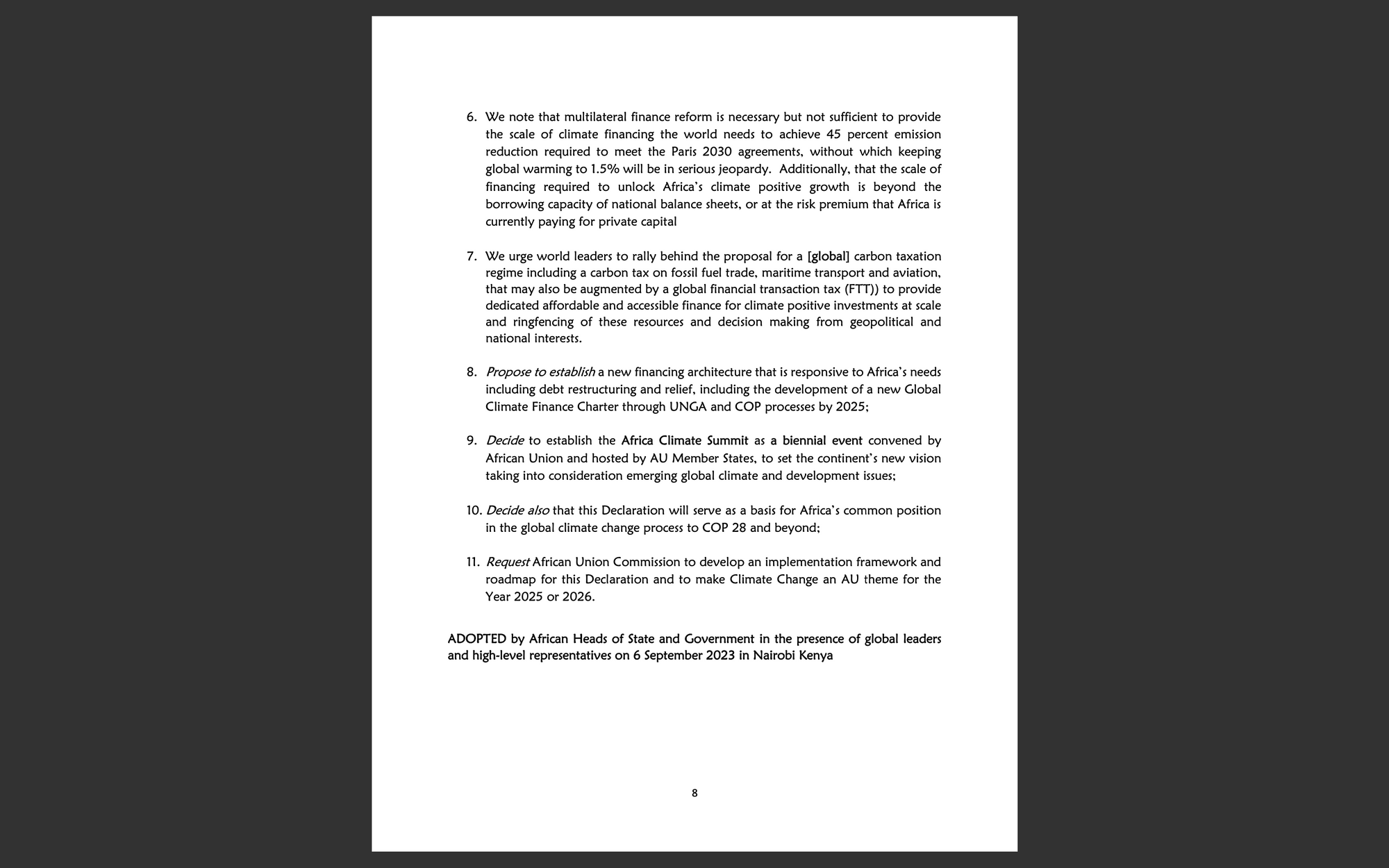Three factors that will make or break the Nairobi Declaration from Africa's first Climate Summit
Africa stands on the precipice of being the beacon of hope for global climate solutions to pioneer a climate-positive pathway for the world. But do we have the will to ensure fair governance, environmental education and can we inspire the values needed?
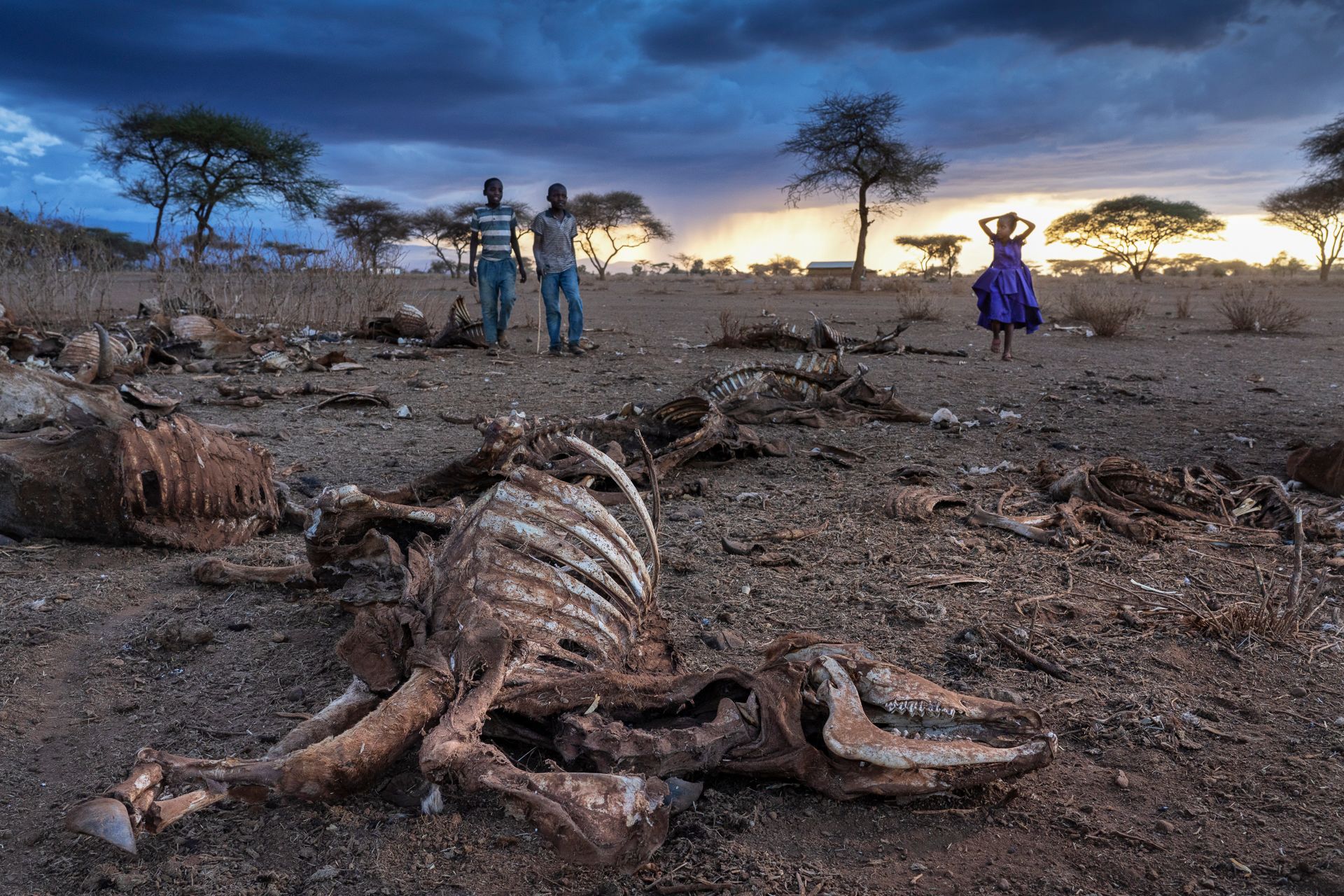
The recent climate summit in Nairobi has been a monumental step in the right direction, acknowledging that while Africa isn't the principal architect of global warming, we bear its overwhelming weight, seeing its adverse impacts on our people, livelihoods, and very economic fabric. It's heartening to see a unanimous realization that climate change is, indeed, the gravest challenge and threat humanity and all life forms face.
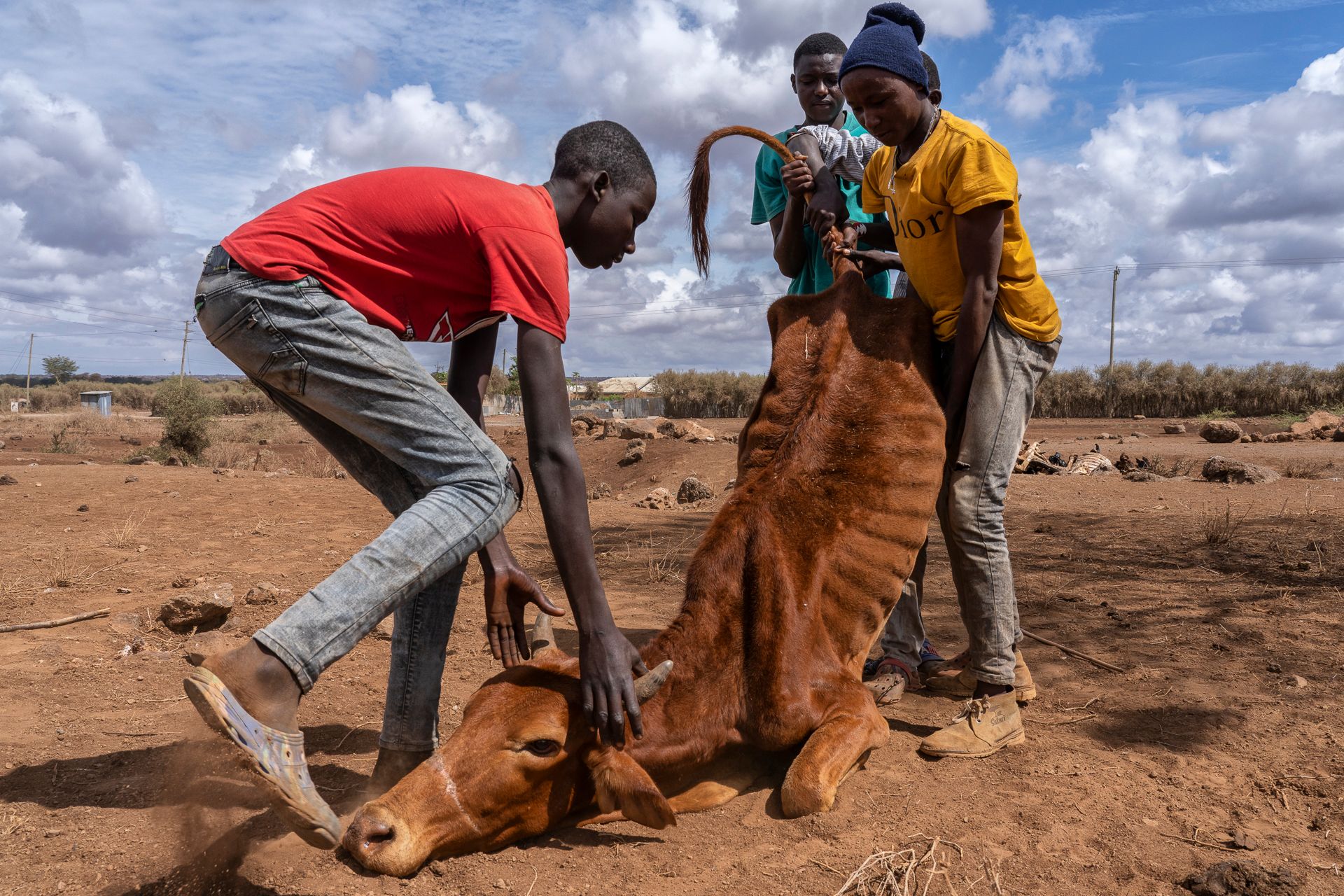
It's empowering to witness the African spirit being celebrated; the recognition of our potential, ambition, and inherent strengths is timely. With the youngest, fastest-growing workforce, unparalleled renewable energy potential, and vast natural assets, Africa stands on the precipice of being the beacon of hope for global climate solutions. We have the tools to pioneer not just a climate-positive pathway for ourselves, but also to guide other regions in their pursuit of a sustainable future.
The acknowledgment of Africa's significant contribution as a carbon sink, especially through the Congo forest and peatland, along with our savannas, mangroves, swamps, coral reefs, and marine reserves, is a testament to our inherent role in the global climate narrative. It’s heartening to note the strides African nations have made in land and ecosystem restoration.
However, amidst these commendations, many people remain skeptical. How do we execute this in a continent that is so huge, diverse and with such divergent levels of development and adherence to democratic practices? I personally believe are three factors that are key, and unless they are transformed in Africa, we are unlikely to witness the successful execution of this excellent manifesto:
- Governance:
- Compliance & Enforcement: Strong mechanisms must be put in place to ensure that regulations are not merely on paper but are actively enforced. This requires an upgrade in monitoring capacities and the imposition of tangible penalties for non-compliance.
- Public Participation: Transparency in governance is vital. Engaging communities in decision-making processes fosters a sense of ownership and ensures that policies are grounded in real-world experiences and needs.
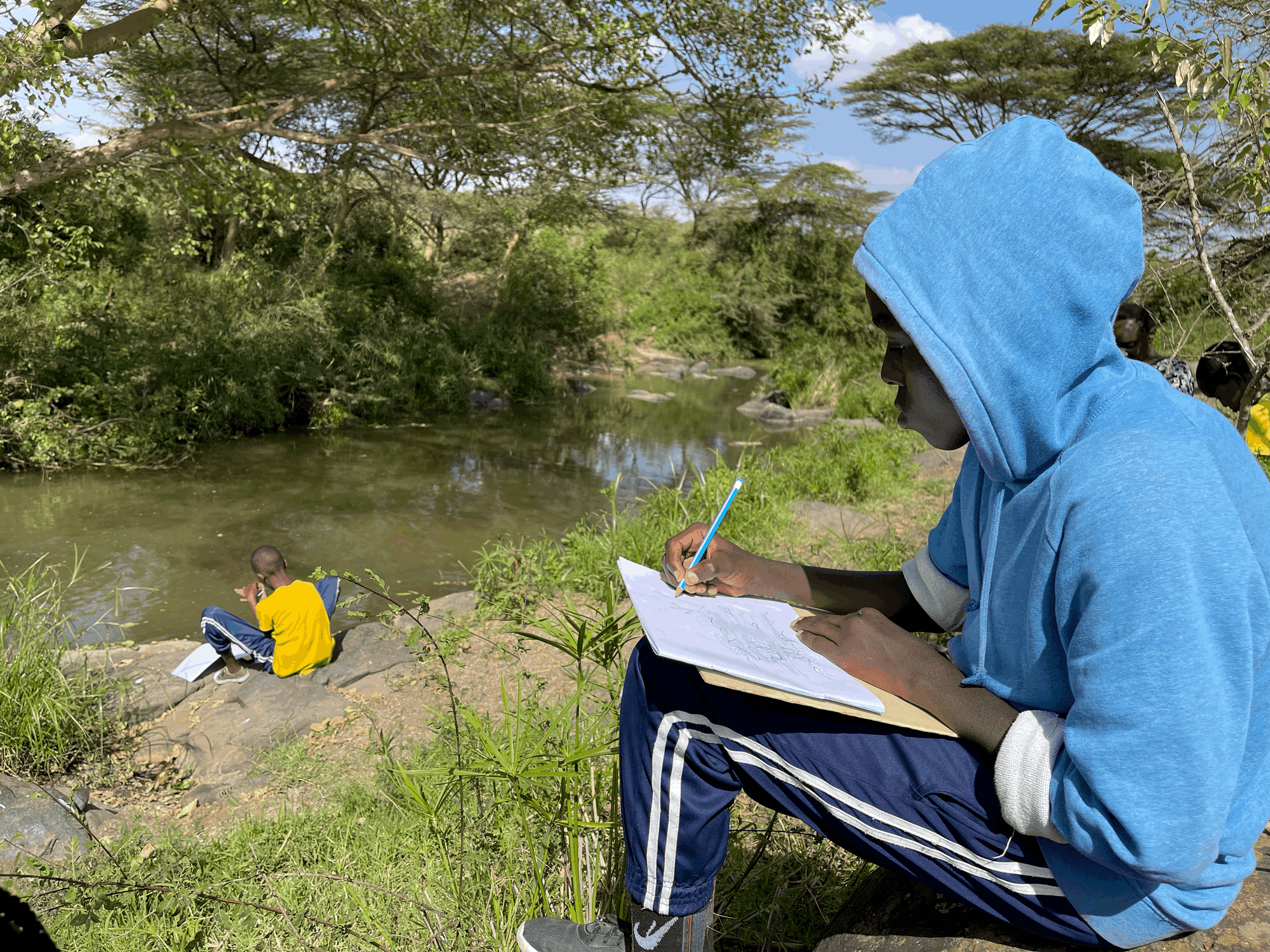
2. Education:
- Inclusive Curriculum: Climate and environmental education shouldn't be separate subjects but integrated into mainstream curriculums, making them part of the foundational knowledge imparted to all.
- Practical Engagement and access to information: Beyond theoretical knowledge, students should be given opportunities for hands-on experiences, such as tree planting, recycling projects, and community clean-ups, to bridge the gap between knowledge and practice. The general public need access to information so that they can engage meaningfully.
3. Promoting and Adopting Values:
- Cultural Integration: For a green and eco-friendly revolution to take root, it must be integrated into the cultural fabric of societies. This requires leveraging influencers, community leaders, and traditional institutions to champion these values.
- Incentivizing Green Practices: Governments and businesses must provide incentives, be it tax breaks or grants, to promote eco-friendly practices, encouraging citizens and corporations to naturally adopt sustainable lifestyles and operations.
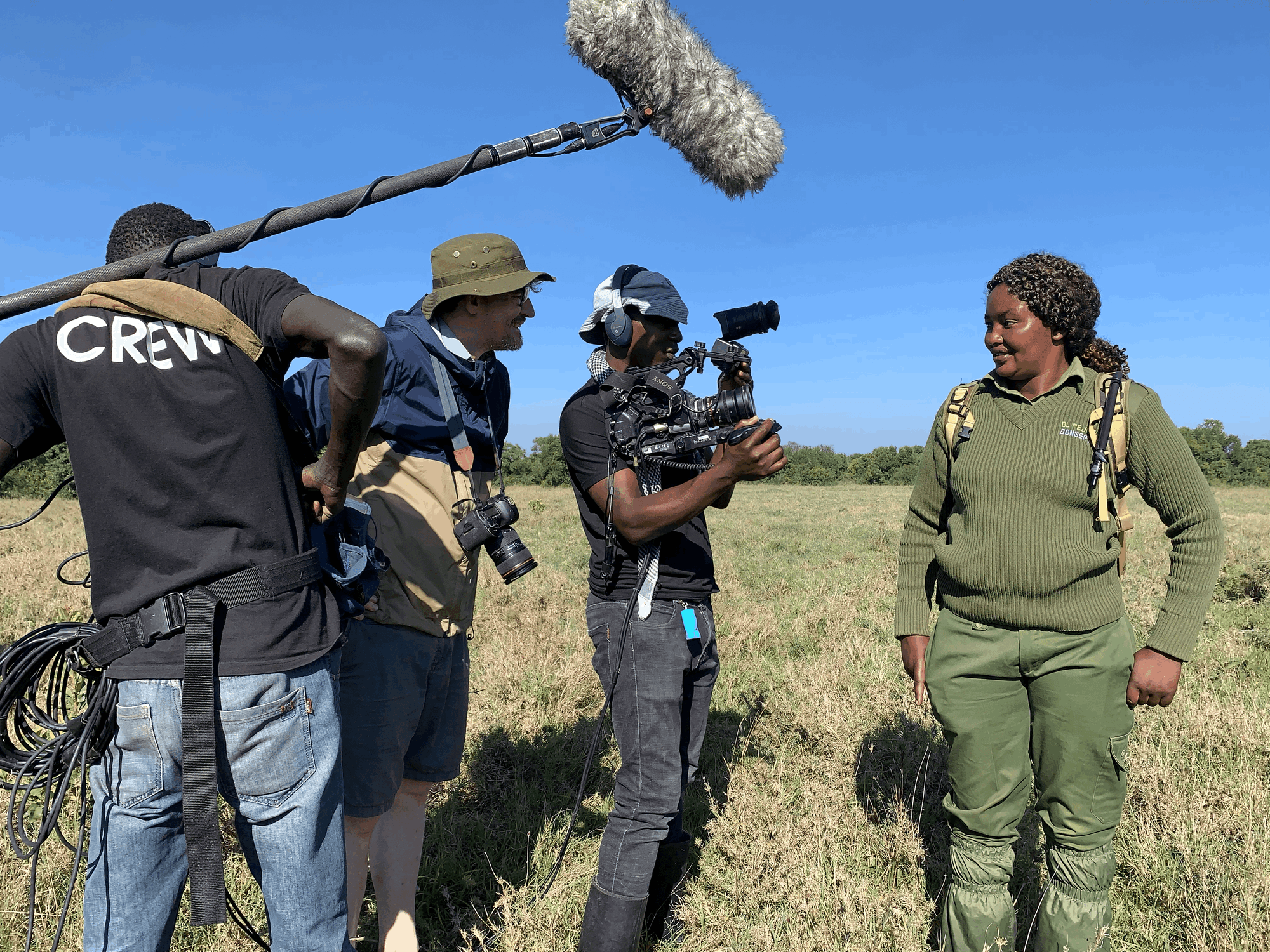
I sincerely hope that our work on educating the next generation through the Wildlfie Warriors Kids Field Lab will catch fire like virus and spread across Africa to reach every child wherever they are. I also hope that our efforts to catalyze indigenous narrative filmmaking about nature and the environment will recieve the politica and financial support it needs to give the intention of the Nairobi Summit the acceleration it needs through media. We urgently need our leaders to appreciate the powerful interconnectedness of media, environmental education and behavoiur change as the catalyst for climate preparedness in Africa.
The entire Manifesto is available online but for ease of reading I copy pasted it below
